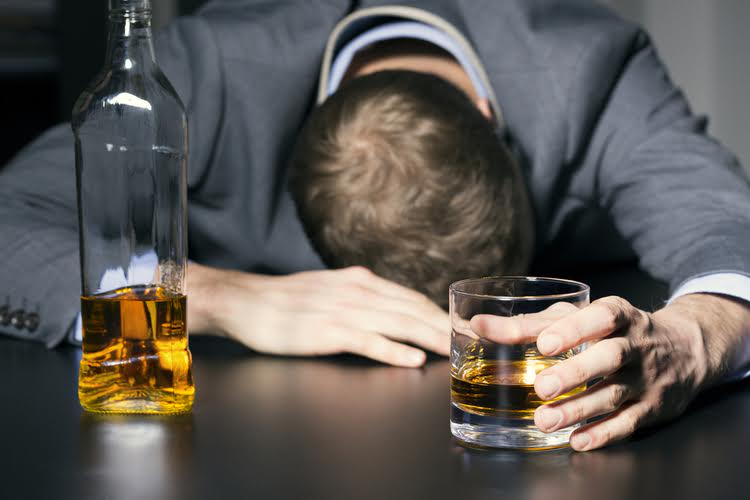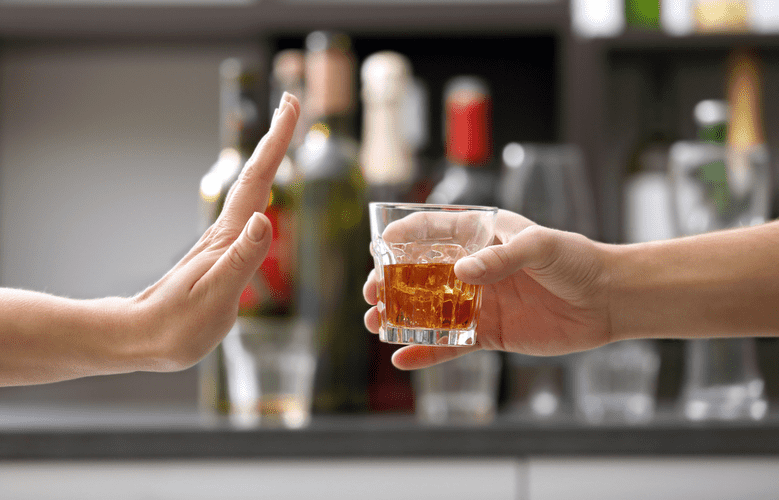By reducing tremors and anxiety, beta-blockers can improve accuracy and steadiness. However, their use is prohibited in many sports, and they can cause side effects ped drug such as fatigue, dizziness, and sleep disturbances. Anabolic steroids act at androgen receptors to influence cellular functioning and gene expression.
- Because of the risks it posed, the Drug Enforcement Administration (DEA) banned GHB in 2000 but then brought it back to the market two years later after it was found to be useful in treating narcolepsy.
- The complicity of medical professionals and shadowy labs is often involved, and a 2015 report from the International Cycling Union (UCI) found the sport’s own governing body bore significant responsibility.
- The allure of performance-enhancing drugs in sports continues to tempt athletes despite the severe risks and consequences.
- The use of anabolic steroids increases irritability and aggression, often referred to as “roid rage.” This can lead to violent behavior and mood swings.
- However, some athletes have used beta-2 agonists to enhance performance, particularly in endurance sports14.
- Synthol is technically legal, but some reports have shown that it can have permanent deforming effects on muscles, as well as a number of other side effects, ranging from skin ruptures to infection to nerve damage.
Traveling and Adventuring: Your Path to Staying Young, Fit, and Healthy
Some studies suggest that roughly 3 million people in the U.S. use PEDs. Performance-enhancing drugs encompass a wide range of substances, however. They may be medications, supplements or sometimes just substances labeled as “health aids.” Some sports leagues and organizations ban the use of some PEDs and not others.
What are anabolic steroids and other appearance and performance enhancing drugs (APEDs)?
The use of diuretics such as furosemide or spironolactone for a loss of water weight within a short period of time can cause dehydration. Dehydration can lead to dangerous side effects, such as electrolyte imbalance, dizziness, exhaustion, muscle cramps, low blood pressure, and heart problems. Blood doping is the process of boosting red blood cells to help carry more oxygen to the muscles and lungs. It can be done through a blood transfusion or through use of drugs like erythropoietin.
Sports and Drugs
Two studies evaluating race performance times have found minimal, if any, benefits of rHuEPO on performance.8,22 This may be due to the fact these studies were performed with doses lower than those used by athletes who abuse these substances. Nevertheless, despite the benefit of rHuEPO on physiologic measures, there is a lack of sufficient evidence to support its ability to enhance performance outcomes in aerobic sporting events, such as running or cycling. A total of 27 papers evaluating 5 pharmacological interventions met inclusion criteria. AAS lead to a 5% to 52% increase in strength and a 0.62 standard mean difference in lean body mass with subsequent lipid derangements.
- Cannabis and related substances are banned during the competition period.
- Consider a consultation to help you determine the next steps to recovery.
- Since its ban, ephedra was replaced by other sympathomimetics that have similar effects.
- Performance-enhancing drugs have a long history in sports, of course, but pharmacological research has led to a surge in the number of substances available, each with its own potential for misuse.
- Creatine is a nonessential amino acid that is made in the liver, pancreas, and kidneys and helps create adenosine triphosphate.
The prevalence of doping can erode trust among athletes, spectators, and sponsors. It creates a culture of suspicion, where clean athletes may feel pressured to use PEDs to remain competitive. HGH is naturally occurring in the body and stimulates growth, cell reproduction, and regeneration in humans. Let’s discuss the widespread use of PEDs, including the legal and ethical considerations and possible alternatives to these drugs. In small doses narcotics have medical uses that include relieving severe pain and inducing sleep.
Safe ergogenic dietary supplements
While creatine is legal and not https://ecosoberhouse.com/ banned by most sports organizations, there are concerns about its long-term safety, particularly when used in high doses. Potential side effects include weight gain, digestive issues, and muscle cramps. Studies have revealed that males who read men’s, teenager, fashion, or health and fitness magazines were twice as likely to use a performance-enhancing substance to improve strength.

Growth Hormone
Bonds’ hat size reportedly increased, while McGwire’s arms grew substantially larger. Players like Barry Bonds and Mark Sober living house McGwire showcased superhuman strength, with their physiques noticeably changing over time. The steroid era dramatically altered player statistics and shattered long-standing records in baseball. The testimony of players and officials further eroded public trust in the sport’s integrity.
Anabolic Agents
Both players shattered Roger Maris’s single-season home run record of 61. Baseball’s popularity soared as players seemed to become stronger and more capable of superhuman feats. When play resumed, teams and players looked for ways to win back audiences. Players sought ways to gain a competitive edge, and performance-enhancing drugs offered a tempting solution.
More than 10,000 athletes have descended on the French capital for more than two weeks of competition, patriotism and potential drama. NPR’s own Olympics team will bring you recaps, coverage and color — including on the ground in Paris — online and on air over the next few weeks. Anabolic and other steroids are illegal in sporting events and according to the law. Examples include androstenedione, stanozolol, axiron, and fortesta. Many of these supplements are marketed to boost athletic performance.

SOA Policy
The use of most stimulants is regulated or banned by sports organizations. Company officials say the competition next May will not quite be an anything-goes steroid bonanza. Enhanced Games athletes will be allowed to take substances that are legal in the United States and prescribed by a licensed doctor, the company says. Examples may include testosterone, growth hormone and some types of anabolic steroids. And, in the case of the National College Athletics Association (NCAA), testing programs are determined by the institutions affiliated with the association and vary widely.
